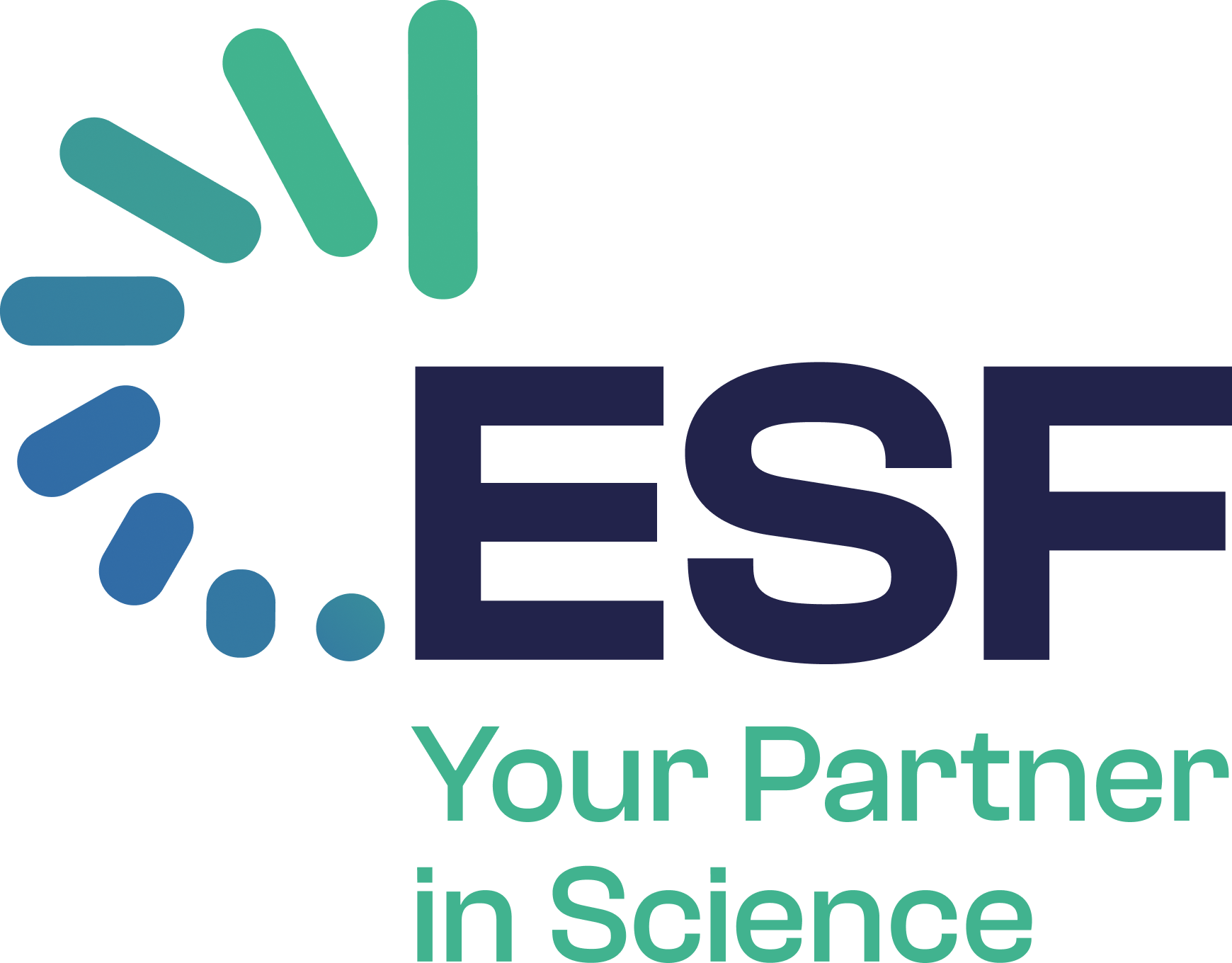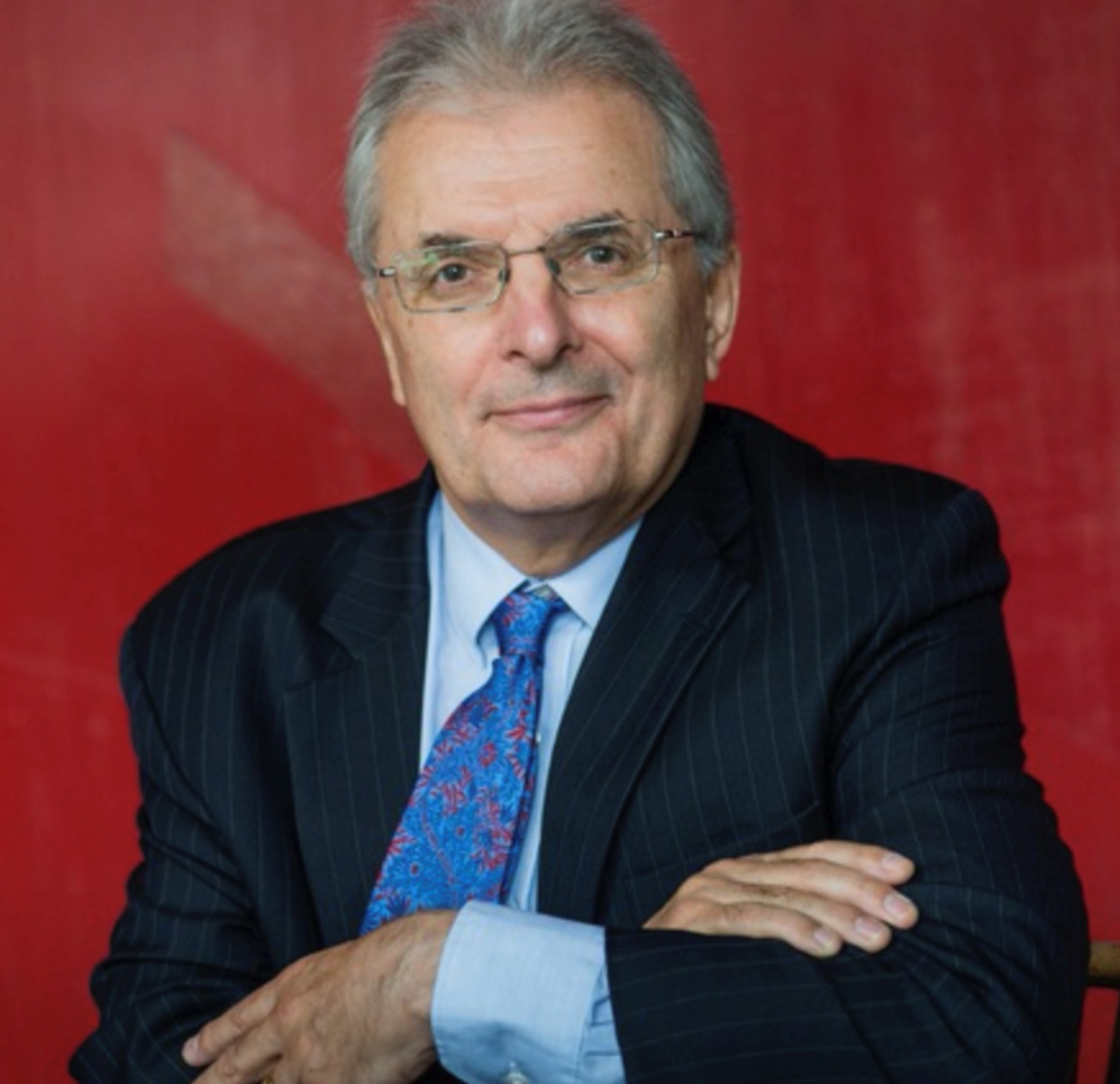News Press Release
The European Space Sciences Committee selects Professor Chris Rapley CBE as its new appointed Chair
The European Space Sciences Committee (ESSC), the Expert Committee on Space Sciences of the European Science Foundation (ESF), is pleased to announce the selection of Professor Chris Rapley as its new incoming Chair.
Professor Chris Rapley CBE is Professor of Climate Science at the University College London (UCL). With experience in Astronomy, Solar physics, Climate Science as well as Science Communication, Professor Rapley has a very strong profile and experience to lead the ESSC, which deals with the full spectrum of Space Sciences in Europe.
He holds an MA in Honours Physics from Oxford University, an MSc in Radio-Astronomy from the University of Manchester, a PhD in X-ray Astronomy from the University of London, Honorary DSc’s from the University of Bristol and the University of East Anglia, and an Honorary Professorship from Imperial College London. Professor Rapley is a Fellow of UCL and of St Edmund's College Cambridge, a member of the Academia Europaea, an Advisory Board member of the UK’s new Clean Growth Fund, and a member of the Science Museum’s Science Advisory Board.
Prior to UCL, Professor Rapley served as Director of the Science Museum, Chairman of the London Climate Change Partnership, Chair of the European Space Agency Director General’s High-Level Science Policy Advisory Committee, Director of the British Antarctic Survey, President of the Scientific Committee on Antarctic Research, and Executive Director of the International Geosphere-Biosphere Programme. He spent the first 25 years of his career as a space scientist developing instruments for rocket and satellite studies of the cosmos, Sun and Earth, and was founder of the UCL Mullard Space Science Laboratory's Remote Sensing Group.
In 2008 Professor Rapley was awarded the Edinburgh Science Medal for his significant contribution to the understanding and wellbeing of humanity. His current interests lie in the role of climate scientists in delivering value to society and the communication of climate science. He is Chair of the UCL Policy Commission on Communicating Climate Science.
Professor Rapley was recommended by an independent Search Committee composed by eminent members of the European space sciences community. In an extra-ordinary meeting on May 13th, 2020, the ESSC members have unanimously endorsed this recommendation. Professor Rapley will succeed Dr Athena Coustenis KLH, the current ESSC Chair, in November 2020, during the Autumn ESSC Plenary meeting. Over the last six years, Dr Coustenis has entrenched the ESSC as an important and respected advisory board within the European Space Science landscape.
Commenting on his appointment, Professor Rapley said: “European Space science is a success story of which Europe can be justifiably proud. The capabilities and vision of the European Space Agency and of the European Commission place European space scientists in a globally enviable position. With the potential for new cosmic discoveries, the need to address unprecedented crises on Earth, and the emerging ‘off-world’ economy, a spectacular programme of missions and opportunities lies ahead. The ESSC provides a pivotal forum for the community, ESA, EC and national funding agencies to work together to build on that heritage and accelerate beyond”.
Nicolas Walter, ESF’s CEO, commented on the new ESSC Chair appointment: “Professor Rapley has a unique profile on the European scene and amazing experience in heading international programmes and committees. I have no doubt that he will build-up on the outstanding progress made under Dr Coustenis’ leadership and continue ESSC’s successful trajectory”.
Professor Chris Rapley
Notes to Editor
European Science Foundation (ESF) : ESF is an expert science services organisation that provides a strong contribution to the concrete development of the European Research Area. It is building on core strengths developed over 45 years in research evaluation and project supervision and management. ESF works closely with its members and partners, sharing its expertise and establishing diverse partnership opportunities to support scientific decision-making. It hosts several Expert Boards and societies (CRAF: Radio-astronomy frequencies, NUPECC: Nuclear physics, ESSC: Space sciences, the Europlanet Society, the European Astrobiology Institute and the cOAlition S office), which provide in-depth and focused scientific expertise in selected disciplines. ESF’s Community of Experts plays a vital role in sustaining scientific collaboration and supporting excellence in grant and programmatic evaluation.
European Space Sciences Committee: The European Space Sciences Committee (ESSC) was born in 1974 by the need to give European space scientists a voice in the space arena at a time when successive US space science missions and NASA’s Apollo missions dominated space research. The mission of the ESSC is to assemble an independent forum for scientists to discuss space science issues and provide advice to the different stakeholders. For more than four decades, the ESSC actively collaborates with the European Space Agency (ESA), the European Commission, national space agencies and the ESF Member Organisations, becoming Europe’s most prominent space advisory body.
Contact
Maria Karatzia
ESF Communications


